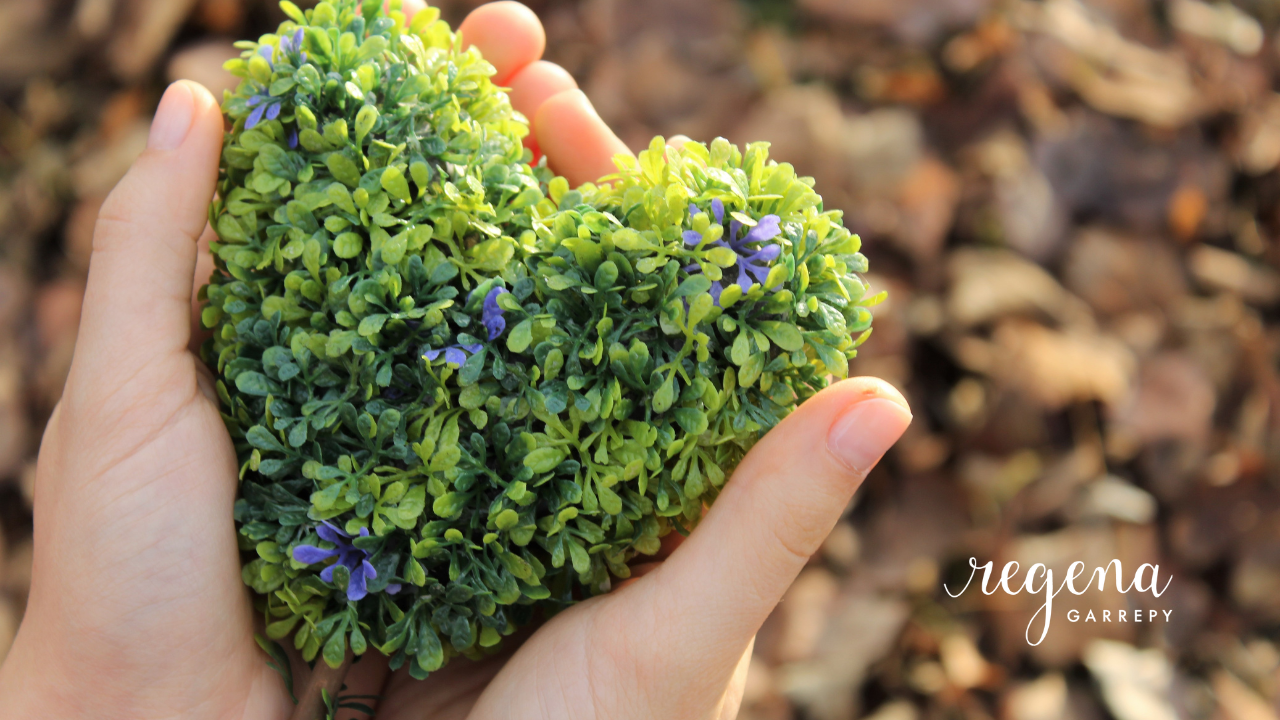Compassion fatigue is real—but so is your tenderness

Last week, I wrote about centering—the practice of coming back to yourself before reacting to the noise and emotional intensity of the world. I’m still imperfectly practicing centering myself first thing in the morning before checking my phone. 😬
This week, I want to talk about the second word and step in the trio that keeps circling in my heart around where to put our energy and focus right now.
✨ Compassion.✨
And to be honest, I’ve been wrestling with this one.
Compassion is a deep awareness of another’s suffering, coupled with a strong desire and motivation to alleviate that suffering, often involving empathy and a willingness to act to help.
Our culture focuses on hyperindividualism and self-interest, which often conflict with empathy.💔 I believe we are connected on a spiritual and global level and are meant to live in community. I hold compassion as one of my core values.
I want to see life through a lens of empathy. I want to care—deeply—and still be able to keep my heart open.💗
But lately? That’s been hard.
How do we stay soft in a hard world? I've felt angry and heartbroken, and my cup of compassion feels drained. Everywhere we look, we are faced with the cruelty of policy and people. Violence, fear, and revenge. Harsh judgments and bias create more division than common ground.
Compassion fatigue is real, and when you're in it, it’s easy to become reactive, harden, and withdraw. And even more upsetting, it becomes easier to dehumanize others whom I’ve judged as being wrong. It’s easy for frustration and fatigue to take over.
And yet—every time I pause, breathe, and center myself, I reconnect with what matters most. I come back to this truth:
🌿Compassion is a powerful, grounded choice.🌿
But it’s also a choice that asks for wisdom.
Let’s be clear. Compassion does not equal self-abandonment. It doesn’t mean tolerating harm, excusing injustice, or bypassing grief. And it also doesn’t mean burning yourself out trying to carry everyone else’s pain and anger or alleviate people of it.
That turns compassion into depletion.
Real compassion includes you, too. It starts inward.
It says:
- I can be kind and still have boundaries.
- I can care deeply and still take time for joy, rest, and dreaming.
- I can stay open-hearted and take action on what I believe in.
- I can hold compassion for others and also feel angry.
- I can have compassion and still stand for accountability.
- I can have self-compassion for my mistakes and the places where I’ve judged and dehumanized.
I’ve been thinking a lot about the metaphor of being a lighthouse and a lifeboat. I think both are needed in this moment.
We need brave lifeboats to head into storms and carry people to safety. But we also need lighthouses. The lighthouse stands steady. It shines. It stays rooted. It reminds others of where the shore is.
I find both metaphors hopeful. Hope fuels my compassion.
If you are struggling with compassion fatigue, I invite you to a gentle journaling session to get centered and find your inner guidance.
💛 Does being a lighthouse or lifeboat call to me right now? What does that look like?
💛Where have I been feeling compassion fatigue?
💛 What does healthy, boundaried compassion look like for me?
💛 Where do I need some tenderness and self compassion?
Compassion is a quiet revolution.
And you can be tired—and still believe in it.
Next week, I’ll share the final part of this series:
🎨 Creativity – Letting Aliveness Lead.
Until then, be gentle with yourself.
Your tenderness is not a liability—it’s a gift.💫


